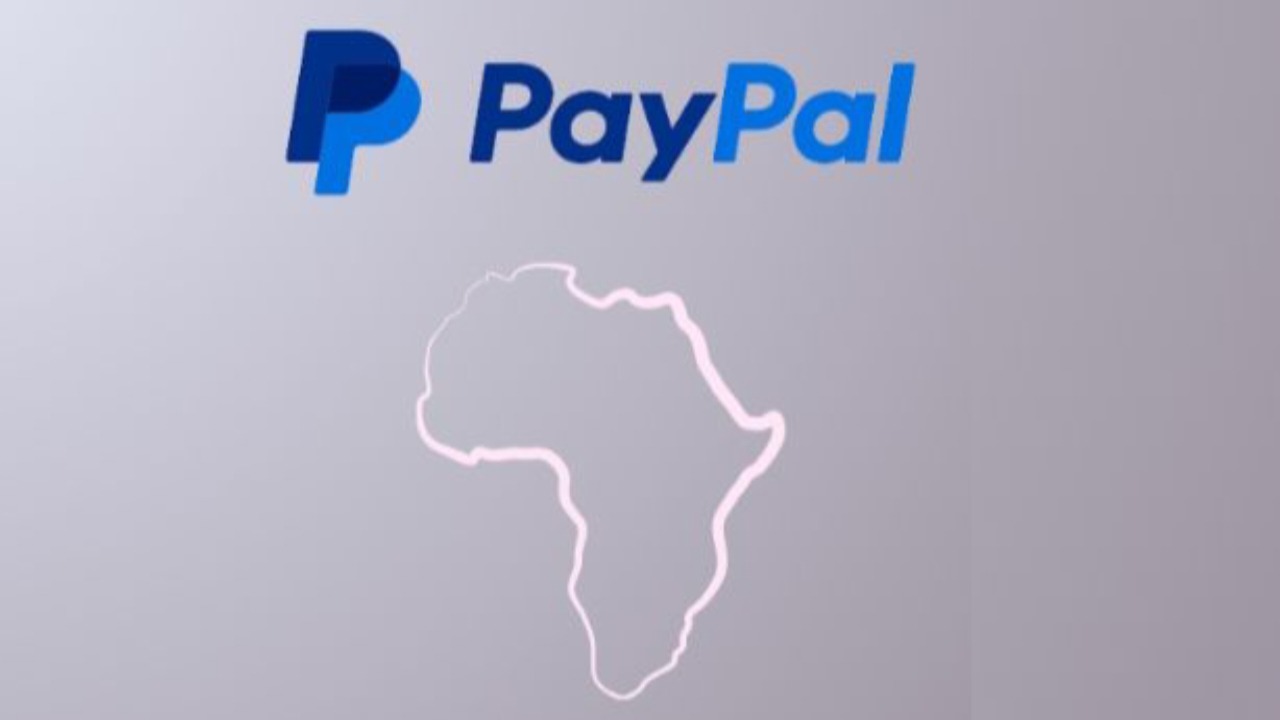Vitel Wireless & the Future of Telecom in Nigeria: Revolution or Hype?
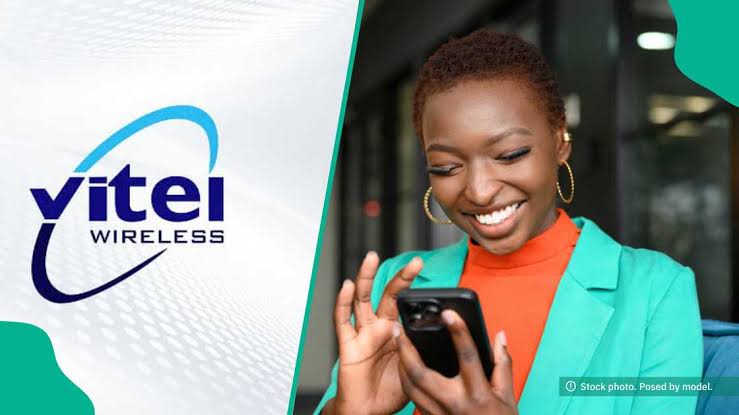
Introduction
Nigeria’s telecom market has long been a study in contradictions. On the one hand there is a thriving, restless demand for data and digital services — the informal developer building apps from a generator-powered flat in Yaba, the teacher livestreaming lessons for students in remote towns, the fintech startup trying to scale across poor connectivity. On the other hand, users still endure patchy coverage, expensive data, frequent service interruptions, and the perennial joke: “Network go soon better?”
Into that tangle this year stepped "Vitel Wireless", the firm operating the 0712 service, billed as Nigeria’s first commercial Mobile Virtual Network Operator (MVNO)launched in October this year. Vitel’s arrival is being framed as a signal of change: a new kind of competitor that leases infrastructure rather than builds it, promising flexibility, new consumer plans, enterprise products, easier access to the Internet and faster innovation. But for Nigerians who have been promised a “better network” for decades, the question is obvious: is Vitel a genuine game-changer or another attractive press release?
A milestone: Nigeria’s first MVNO number series and interconnectivity
The headline fact that turned heads earlier this year was regulatory: the Nigerian Communications Commission (NCC) issued Vitel the 0712 number series, a formal recognition that the country’s MVNO era had finally arrived. Vitel used that regulatory opening to move quickly: by mid-2025 it had completed interconnection agreements with the four major network operators in Nigeria, enabling Vitel subscribers to make and receive calls across MTN, Airtel, Globacom and 9mobile. That technical step, interconnectivity with incumbents, is a non-trivial milestone and the practical foundation for an MVNO’s commercial service.
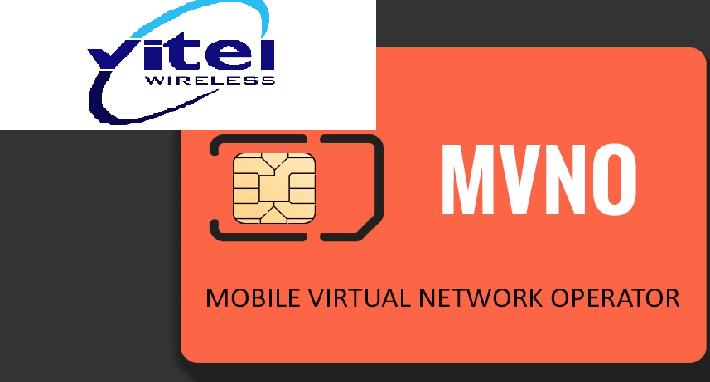
For context: unlike an MNO (which builds towers, owns spectrum and runs radio access networks), an MVNO operates by leasing capacity from existing networks and layering its own service, billing, customer experience and product innovations on top. In markets where MVNOs work well, the model leans on intense retail competition, niche product offerings (e.g., low-cost data packs for students, curated IoT bundles for logistics) and aggressive customer service innovations that incumbents, comfortable with scale, sometimes neglect.
What Vitel promises — the marketing, the features, the pitch
Vitel’s public messaging is ambitious and broad. The company talks about “Everything Connected,” not only voice and data for consumers but e-SIM and physical SIM options, business solutions (including IoT and asset-tracking), safety and consumer apps, and partnership models with banks and platforms. Vitel and its PR emphasize ease of onboarding, flexible plans, and “new” ways for Nigerians to consume telecom services without being tied to a single incumbent’s network policy. Those are precisely the sorts of consumer-facing promises that can reframe competition if delivered well.
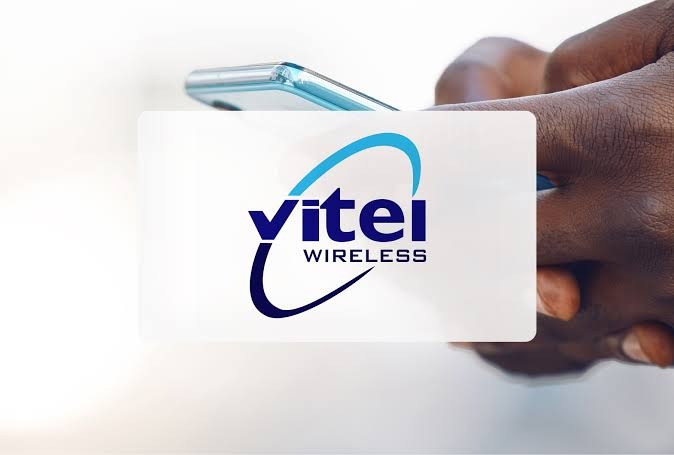
Viewed through a consumer lens, concrete wins could include:
More price options for data and voice (if MVNO wholesale deals let Vitel undercut incumbents).
Bundled business services for SMEs that need IoT or offline-capable tools.
Better customer service models (MVNOs often differentiate on UX).
Innovative retail and partnership models (telco apps integrated with fintech products, for instance).
But promises and product roadmaps are one thing; execution is another.
Why Nigeria needs more competition — and what the numbers say
Nigeria is already one of Africa’s largest telecom markets by subscriber numbers, but it still leaves large gaps in meaningful internet access and digital inclusion. Official NCC and sector reporting show that active data subscribers have been growing (data reports put active data subscribers in the low-hundreds of millions in recent quarters), yet internet penetration remains below parity with the total population and not all active lines translate into digital participation for work, learning or business. For example, DataReportal estimated roughly 103 million internet users in Nigeria at the start of 2024, equating to internet penetration in the mid-40% range, leaving tens of millions offline or under-connected.
The GSMA and World Bank data underline the same point: while mobile adoption is widespread, the quality and affordability of mobile internet are variable. That usage gap, millions who have a SIM but are not using data meaningfully, suggests there’s room for operators who can offer lower-cost, higher-value bundles or services that fit low-income realities. An MVNO that targets those gaps can be relevant if it understands how Nigerians actually use mobile services (short sessions, social and video use, payments, and agent networks.
The reality check: what will determine Vitel’s success?
It’s tempting to assume that an MVNO’s arrival automatically benefits consumers. But several practical realities determine whether Vitel’s promises will transform into everyday improvements.
1. Wholesale economics. MVNOs succeed when the prices at which they can buy capacity from incumbents allow them to offer competitively priced retail packages while keeping sustainable margins. If wholesale access is expensive or tied to restrictive terms, retail competition can be blunted.
2. Infrastructure and rural reach. Leasing capacity from incumbents does not automatically solve rural coverage challenges. Reaching small towns and villages still depends on the MNOs’ tower footprint or on infrastructure sharing and that takes investment and time.
3. Energy and operating costs. Power costs (for both network sites and the small businesses that resell SIMs) and logistics in Nigeria add overhead to delivering cheap, reliable services.
4. Trust and brand. Nigerian consumers are rightly cautious after years of marketing promises that fell short. An MVNO needs to build trust rapidly through clear pricing, reliable service delivery and visible customer support.
5. Regulatory follow-through. The NCC’s early support, including number assignment and guidance for MVNOs, is important. But effective regulation also requires transparent reporting on service quality, consumer protection, and fair wholesale practices to prevent gatekeeping.
If Vitel can navigate those obstacles, securing favourable wholesale economics, providing consistent consumer experience, and investing in enterprise solutions that matter, it could shift market dynamics. If it struggles on any of these fronts, Nigerians will treat Vitel like so many telecom hopefuls before it: an interesting idea that didn’t stick.
What Vitel could mean for consumers and businesses
Assuming Vitel executes on its stated plan, the upside is tangible:
Consumers might see more pricing choices and targeted data bundles (low-cost social packs, night bundles for students, or micro-data options for low-income users). Better customer service and digital onboarding (e-SIM and virtual accounts) would also be a real improvement for many users frustrated with long operator queues.
SMEs and enterprises could benefit from IoT and asset tracking without the cost of building telecom infrastructure, opening doors for logistics, small-scale manufacturing, and agriculture players who need low-cost telemetry.
The digital economy could benefit if increased, affordable connectivity translates to more active internet users who can access e-commerce, education, telehealth and remote work. That’s the core promise: the multiplier effect when more Nigerians are connected meaningfully.
However, none of that is automatic. It demands thoughtful retail products, partnerships with fintech and local service providers, and clear distribution channels to reach suburban and rural customers.
Skepticism and Risks
There are real risks and skepticism to keep in mind.
Hype vs. delivery. The Nigerian market and its citizens have a low tolerance for vaporware. If launches are delayed, or promised plans are replaced with high prices, consumer goodwill will erode quickly.
Overcrowding on leased capacity. Without careful capacity management, peak-time congestion could deliver subpar speeds, especially if the MVNO’s wholesale arrangements are best-effort.
Regulatory and commercial friction. Wholesale agreements and interconnect arrangements can sour if not managed transparently. The NCC’s role as arbiter will be key.
Cost pass-through. If energy and operational cost pressures force Vitel to price aggressively, the “affordability” promise may be hollow.
Mode of operation. Mobile banking and fintech apps have made data purchase from various networks service providers easy and with the Vitel network not being incorporated yet, many would go through the stress of having to buy from accredited agents. This is because for you to purchase data according to the report one has to buy through registered outlets.
These are not theoretical concerns, they are practical hazards the company must navigate in its first 12–24 months.
Why this moment still matters
Even with the buzz and energy, Vitel’s arrival is not trivial. The MVNO model forces incumbents to look over their shoulders and can accelerate product innovation. In some markets, MVNOs have introduced flexible or youth-focused products that incumbents later emulate. For Nigeria, where an estimated tens of millions remain under-connected or reliant on expensive data, any entrant that forces better offers or better service has welfare value and potential huge market return.
More broadly, Vitel’s launch is a signal to investors, regulators and entrepreneurs that Nigeria’s telecom ecosystem is evolving. The NCC has already published extensive subscriber statistics underscoring growth in active internet subscriptions and the still-unfinished task of universal digital access. What Vitel and potential follow-on MVNOs could do is create more retail experimentation: bundles tailored by income and usage, operator partnerships with content and fintech providers, and new enterprise services for logistics and agriculture.
A pragmatic checklist for Nigerians watching Vitel
Consumers and civic actors should treat Vitel’s entry like any major provider: with hope, but also with vigilance. Here are three practical things to watch for:
1. Transparent pricing and SLAs. Will Vitel publish clear, comparable pricing and service level commitments? Consumers and consumer protection bodies should demand clarity.
2. Coverage maps and rural plans. Does Vitel commit to extending meaningful service (not just urban hotspots) and partner in infrastructure sharing where needed?
3. Enterprise pilots and developer access. Are there published plans for SMEs — asset-tracking pilots, low-cost IoT, APIs for developers to build on Vitel’s platforms?
If Vitel publishes and adheres to these, the company will be off to a credible start. If it defaults to urban glitz and premium positioning only, the broader promises of MVNO competition will be harder to realise.
Conclusion
Vitel Wireless has arrived with headlines, a number series and interconnectivity completed; real verifiable steps that matter in the telecom playbook done. The data context in Nigeria, hundreds of millions of SIMs, millions of active data subscribers and still a sizable usage gap, means that there is commercial space for smart retail innovation. But telecommunications is infrastructure plus trust. Leasing radio capacity lets Vitel offer services quickly; winning Nigerian users’ trust depends on delivering quality, predictable pricing, and real value for businesses and consumers.
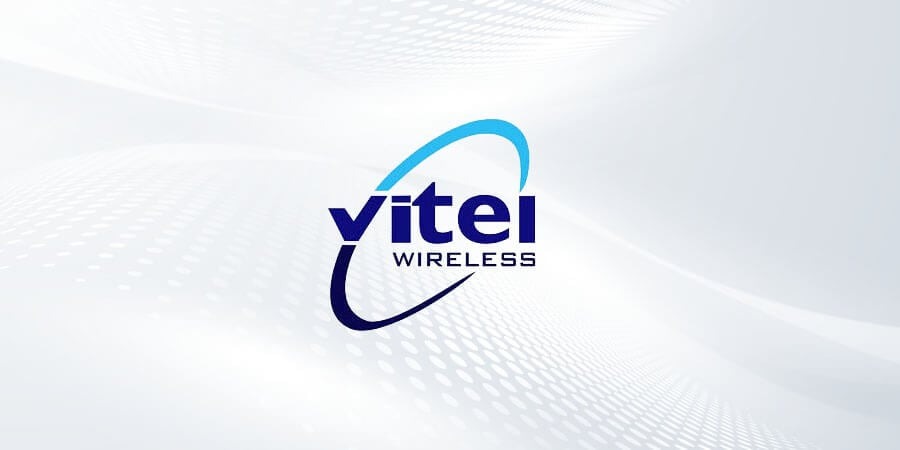
So let's wait to see what Vitel has in store for Nigerians, as many would judge this major market entrant, on the 12–24 month run: from the perspective of new products launched, the actual coverage delivered, and whether Nigerians see real improvement in price, reliability and service. If Vitel can turn regulatory goodwill into sustainable, affordable service and enterprise value, it will be a welcome actor in Nigeria’s telecom future. If it cannot, the announcement will be remembered as a promising footnote in a long story of telecom promises.
Either way, the arrival of a genuine MVNO race in Nigeria is useful: it opens debate, forces incumbents to respond and, most importantly, gives Nigerians something concrete to demand. In a country that needs better connections for education, work, healthcare and civic life, that is no small thing, because I believe in a better Nigerian telecom future when the next call doesn’t drop at a crucial moment, when there is no lag in Internet connectivity, when the average citizen pays for a plan and feel it was worth the cost. Vitel Wireless has the chance to deliver exactly that, let's sit back and see what they will bring to our doorstep .
You may also like...
Super Eagles Fury! Coach Eric Chelle Slammed Over Shocking $130K Salary Demand!
)
Super Eagles head coach Eric Chelle's demands for a $130,000 monthly salary and extensive benefits have ignited a major ...
Premier League Immortal! James Milner Shatters Appearance Record, Klopp Hails Legend!

Football icon James Milner has surpassed Gareth Barry's Premier League appearance record, making his 654th outing at age...
Starfleet Shockwave: Fans Missed Key Detail in 'Deep Space Nine' Icon's 'Starfleet Academy' Return!

Starfleet Academy's latest episode features the long-awaited return of Jake Sisko, honoring his legendary father, Captai...
Rhaenyra's Destiny: 'House of the Dragon' Hints at Shocking Game of Thrones Finale Twist!

The 'House of the Dragon' Season 3 teaser hints at a dark path for Rhaenyra, suggesting she may descend into madness. He...
Amidah Lateef Unveils Shocking Truth About Nigerian University Hostel Crisis!

Many university students are forced to live off-campus due to limited hostel spaces, facing daily commutes, financial bu...
African Development Soars: Eswatini Hails Ethiopia's Ambitious Mega Projects

The Kingdom of Eswatini has lauded Ethiopia's significant strides in large-scale development projects, particularly high...
West African Tensions Mount: Ghana Drags Togo to Arbitration Over Maritime Borders

Ghana has initiated international arbitration under UNCLOS to settle its long-standing maritime boundary dispute with To...
Indian AI Arena Ignites: Sarvam Unleashes Indus AI Chat App in Fierce Market Battle

Sarvam, an Indian AI startup, has launched its Indus chat app, powered by its 105-billion-parameter large language model...

